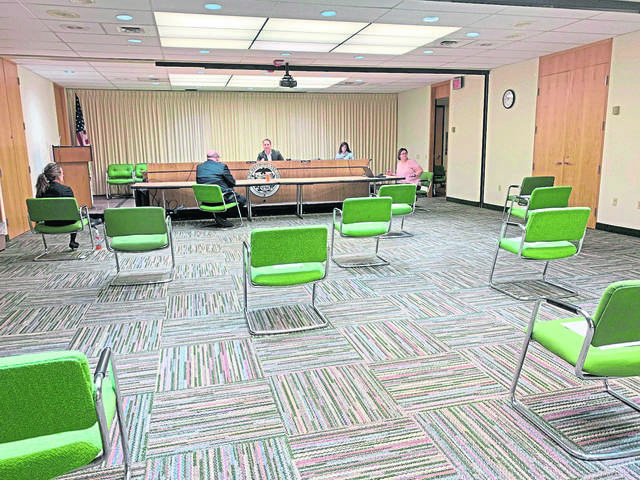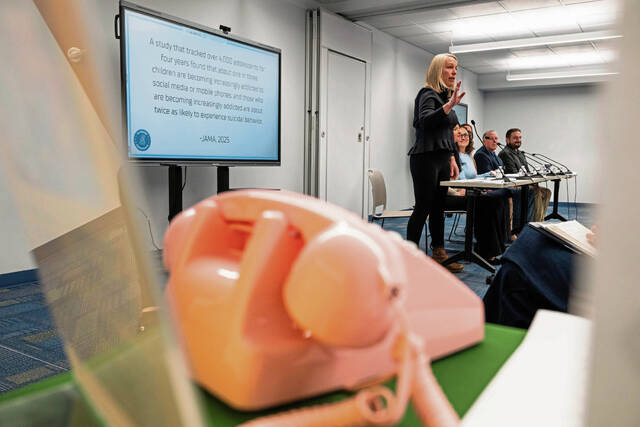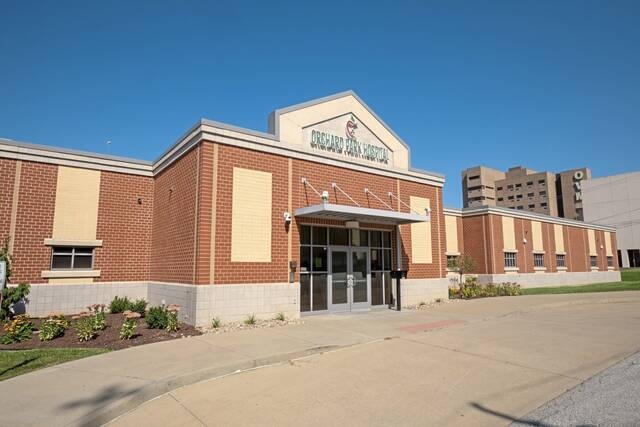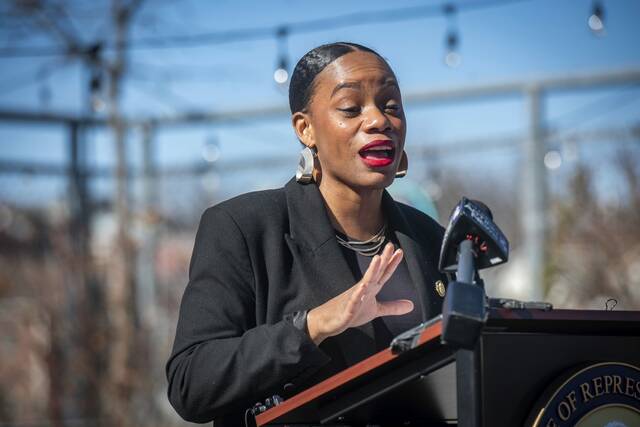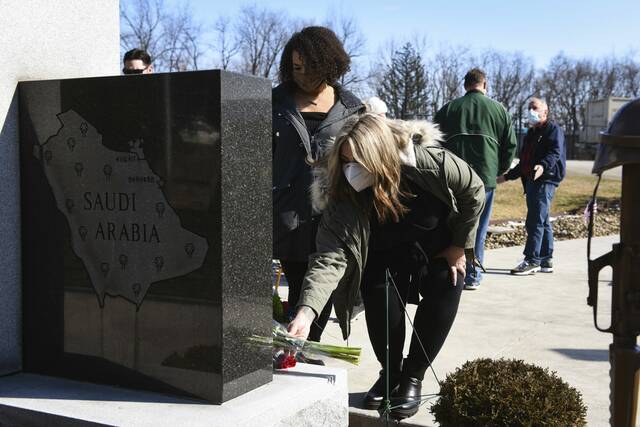Coronavirus may have shut down some businesses and forced people to work from home, but it hasn’t lifted the requirement that local governments hold public meetings when voting on issues.
That left local municipalities scrambling to find ways to follow the law while adhering to guidelines of social distancing and recommendations from the White House to avoid groups larger than 10 people to help curb the spread of the coronavirus.
As several cities switched to virtual meetings that allowed for public comment, smaller townships and boroughs worked to implement alternate plans to conduct a meeting in the public eye as required by Pennsylvania’s Sunshine Act.
“I think one thing that we stress to them is do your best to comply,” said David Sanko, executive director of the Pennsylvania State Association of Township Supervisors. “There’s a variety of options that are out there. These are difficult, awkward times.”
But finding meeting options that work for individual municipalities is proving difficult.
Eric Arneson, executive director of the state Office of Open Records, noted in a web post that, while meetings should be held at public buildings with community participation whenever possible, a meeting through teleconference, webinar or other methods are permitted as long as there is an emergency declaration.
Those methods also must provide a way for the public to participate and comment on agenda items.
New Kensington canceled its April meeting after being unable to find a way for the public to participate, said city clerk Dennis Scarpiniti. Officials held the March meeting as normal.
“The biggest part for it is the (emergency) declarations gives us the ability to have the meeting; it’s just you have to have the public audience part. That becomes the major problem,” Scarpiniti said, noting that city officials are looking at what provisions could be made in May, if necessary.
Harrison Township also canceled all meetings at the municipal building until further notice, according to its website.
Similar precautions were taken in Irwin, said borough manager Shari Martino. While the March meeting continued as normal, along with a special meeting last week, a workshop scheduled Tuesday was canceled. Members of the public did not attend the special meeting, despite being permitted, Martino said.
Originally closed to the public, doors to Hempfield’s municipal building were opened shortly before a March 23 meeting started after a resident was waiting to get in, said township Manager Jason Winters. Those wishing to submit public comment could do so via email or by dropping it off at the municipal building before the start of the meeting.
Officials did record the meeting, which is available upon request.
“Everybody’s trying to feel their way through this,” said Scott Avolio, Hempfield’s solicitor. “We have advised the township to make sure that we are conforming to public comment to keep us in line with the Sunshine Act.”
He added, “I have no doubt that Hempfield Township conformed to the Sunshine Act.”
Before their April meeting, officials plan to pursue other options that could allow for further public interaction while keeping the community and township supervisors safe, like using Zoom or another online meeting application.
According to Avolio, the video conferencing application would allow community members to gather at the municipal building and watch the supervisors on a screen, who would call in remotely. The option would allow for a designated public comment period, unlike Facebook Live.
Officials have no way to control comments on the social media livestream, Avolio said, opening the meeting up to the possibility of derogatory comments and taking away the decorum of official public meetings by allowing questions to be posed after the designated public comment section.
Greensburg Salem plans to use Zoom during its April school board meetings. A link will be posted on the district’s website. The Mt. Pleasant School Board is following a similar plan by holding a virtual board meeting April 1.
“I think trying to figure out what kind of technology is available,” Sanko said of the next step for local municipalities. “I’m pretty sure there’s going to be a meeting room somewhere where somebody’s cellphone is sitting on the front counter (recording).”
Other large governing entities such as Allegheny County Council and Pittsburgh City Council conducted virtual meetings in March. Westmoreland County still hosted a public meeting, but implemented social distancing rules by spacing out chairs.


